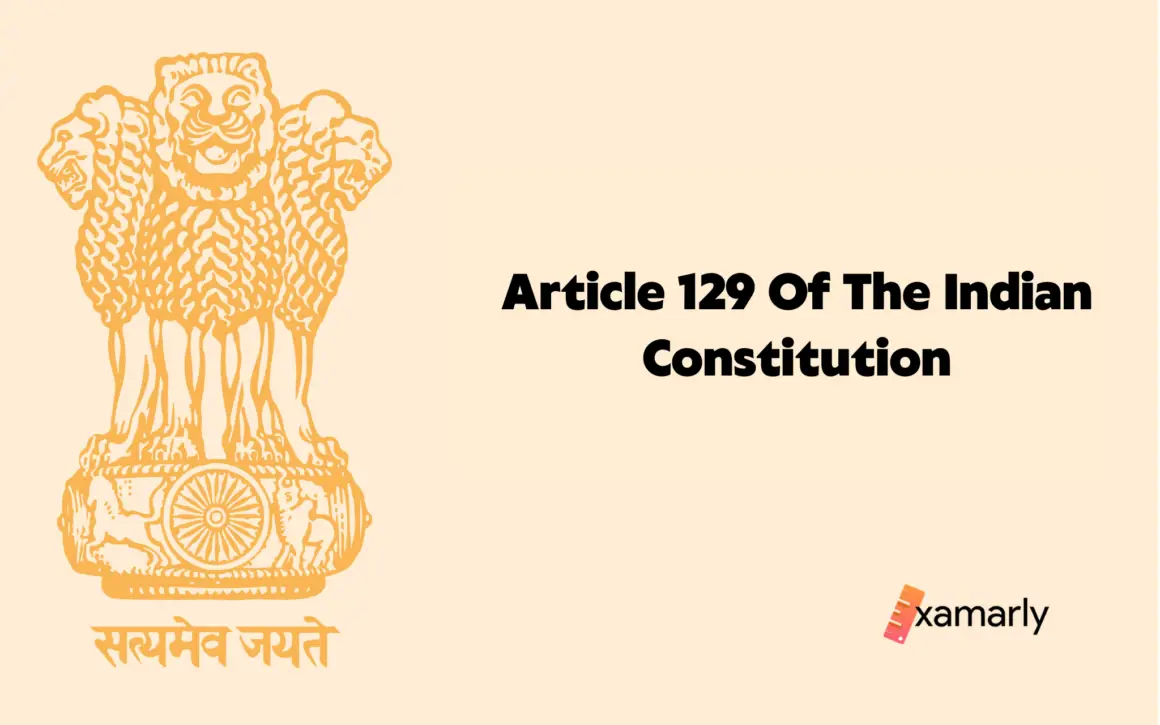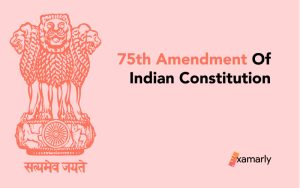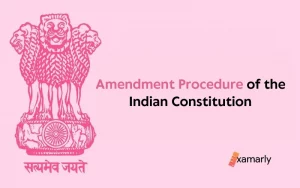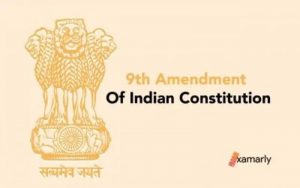Article 129 of the Indian Constitution talks about the power of the Supreme Court to be the Court of record.
We will get to know everything about it and will also explore the concepts that are related to this article in a prominent way.
What is a Court Of Record?
A trial court or an appellate court is considered to be a court of record if it captures and maintains a record of the proceedings for the purpose of providing an opportunity for appeal.
The record of any oral proceedings may be taken down by either the court clerk or a court reporter. This written record (together with every other piece of evidence) is kept for at least the amount of time necessary for all appeals to be exhausted, or for a further amount of time that is stipulated by law.
What is the Contempt Of Court?
To be in contempt of court is to not only disobey the court’s orders but also to engage in behaviour that undermines the integrity of the judicial system, creates an unfair playing field, or threatens the safety of witnesses or litigants. At common law, there were two types of contempt: direct and consequential.
When someone acts in a way that undermines the court’s ability to do its job, this is considered direct contempt; when someone acts in a way that undermines the court’s ability to do its job, this is considered consequential, indirect, or constructive contempt, which occurs outside of court but has the same effect.
The legal system ensures the separation of these groups. The statutes spell forth the behaviours that warrant a contempt penalty. Given these criteria, it is easy to see that both the Supreme Court and the High Courts in India serve as Courts of Records under Article 129 and Article 215 of the Indian Constitution.
Related Article – Article 161 Of The Indian Constitution
Article 129 Of The Indian Constitution – Explained
The Clause – As it is & Explained
The Supreme Court
shall be a court of record and shall have all the powers of such a court including
the power to punish for contempt of itself.
Article 129 of the Indian Constitution says that the Supreme Court is entitled to be a court of record and will possess the powers of being such a court that has the power to punish for its contempt.
Summing Up
Article 129 of the Indian Constitution tells us that, as the highest court in the country, the Supreme Court also has the power to punish people who disrespect it and the court of record.






